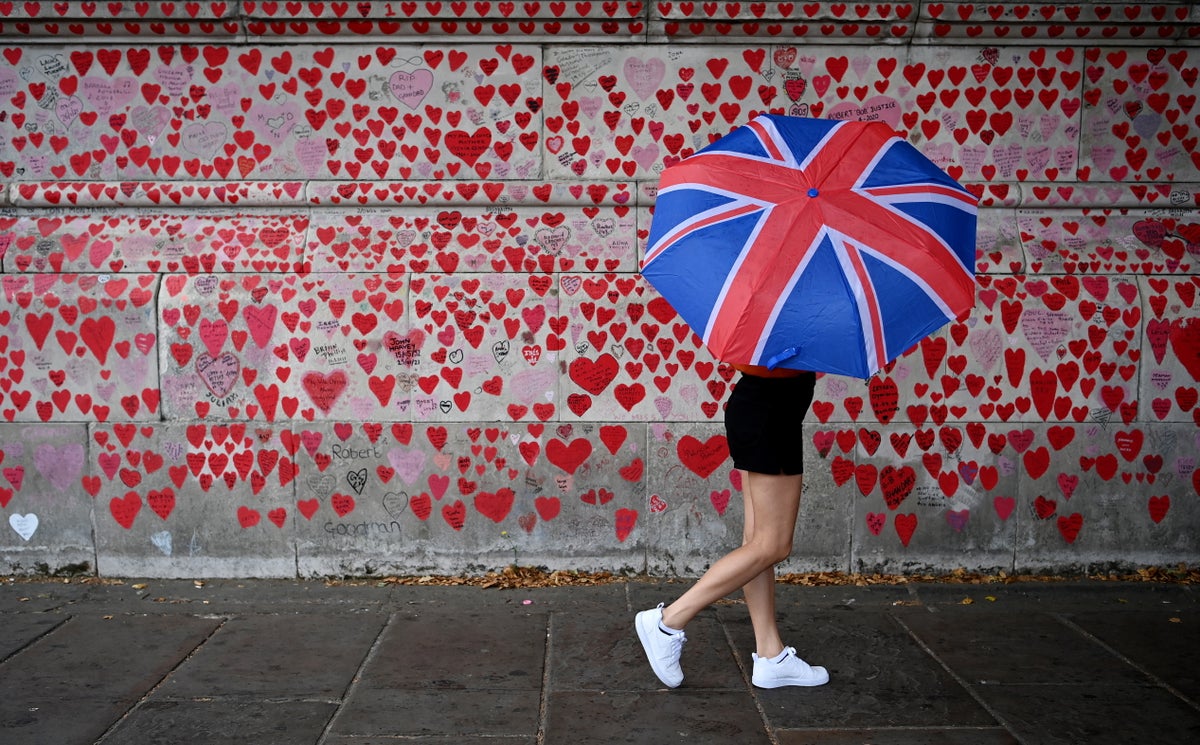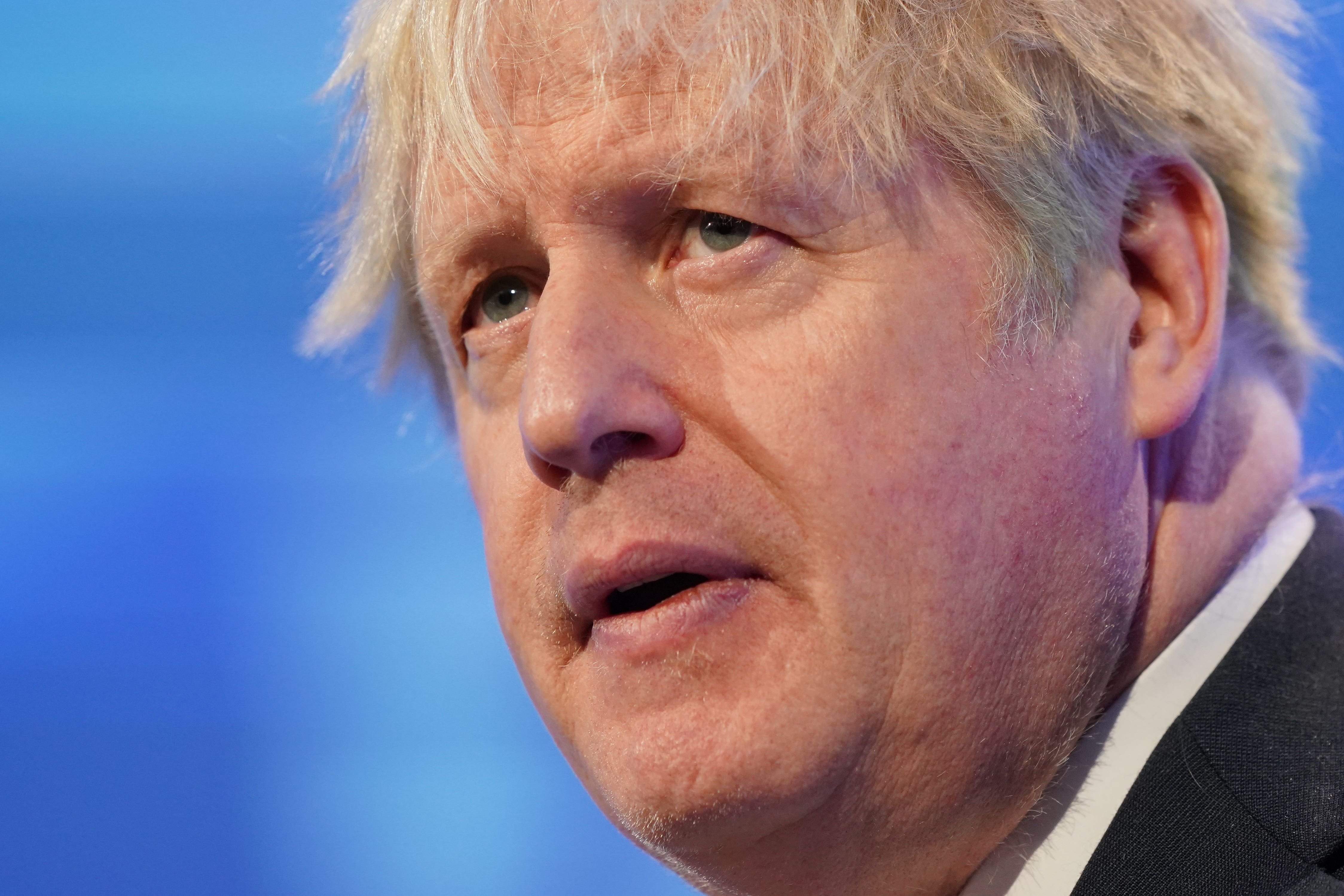
The government’s focus on Brexit “crowded out and prevented” the work that was needed to prepare for the next pandemic, the lead lawyer to the Covid-19 inquiry has said.
Hugo Keith KC told the inquiry that work arising from the threat of a no-deal exit from the EU under Boris Johnson may have drained “the resources and capacity” that were needed for pandemic planning.
The top lawyer told the chair of the inquiry, Baroness Hallett, that a lot of planning had gone into the “severe consequences of a no-deal exit on food and medicine supplies, travel and transport”.
He said it was “clear that such planning, from 2018 onwards, crowded out and prevented some or perhaps a majority of the improvements that central government itself understood were required to be made to resilience planning and preparedness”.
The Operation Yellowhammer document – published by the government in 2019 – set out a series of “reasonable worst-case assumptions” about what would happen if the UK did not reach a deal with the EU.
Mr Johnson had ordered the government to prepare for the “strong possibility” of a no-deal Brexit as talks stalled, saying he could leave Britain “locked in the EU’s orbit”.
But the Operation Yellowhammer document suggested there would be real risks of a rise in public disorder, higher food prices and reduced medical supplies.
Mr Keith told the inquiry: “Did the attention therefore paid to the risks of a no-deal exit ... drain the resources and capacity that should have been continuing the fight against the next pandemic, that should have been utilised in preparing the United Kingdom for civil emergency?
“Or did all that generic and operational planning in fact lead to people being better trained and well marshalled – and, in fact, better prepared to deal with Covid – and also to the existence of improved trade, medicine and supply links?”
Mr Keith added: “The evidence so far ... we very much fear that it was the former.”

The lead counsel said the UK may not have been “very well prepared at all” to deal with the coronavirus pandemic, as public hearings began on Tuesday. Mr Keith said that “very little thought” was given to the impact lockdowns could have on the country.
The inquiry heard from bereaved families in a series of moving video interviews, which included harrowing stories of people dying alone from Covid. Lady Hallett vowed that those who suffered in the pandemic will “always be at the heart of the inquiry”.
Evidence is likely to show a lack of responsibility in government, and a state of “chaos” which resulted in a slow reaction to a pandemic where “lost time is measured in lost lives”, the inquiry has been told by representatives of the bereaved.
Pete Weatherby KC, of Covid Bereaved Families for Justice UK, said there had been “little or no ministerial leadership, and the chaos of committees, which led to poor planning and ultimately a reactive rather than proactive response to the virus”.
The first module – investigating the country’s preparedness for the crisis – will include evidence on “any impact arising from the UK’s departure from the European Union”.
The inquiry team will also scrutinise the vaccine programme under module four, examining whether Britain’s vaccines response was more effective as a result of the UK being outside the EU.
Mr Johnson and Tory ministers have argued that Brexit allowed the UK to chart its own course with the vaccines, both when it came to licensing and also when buying up doses.
While the UK’s vaccine rollout was faster than that of the EU, Kate Bingham, the former head of the government’s taskforce, said that the speedy approval had “nothing to do with Brexit”.
Former PM David Cameron and former chancellor George Osborne are expected to appear at an inquiry hearing next week. The TUC has said that their austerity cuts left the NHS and the social care sector “dangerously understaffed”.
Meanwhile, care minister Helen Whately declined to back former health secretary Matt Hancock’s claim that the government threw a “protective ring around care homes” at the height of the pandemic.







